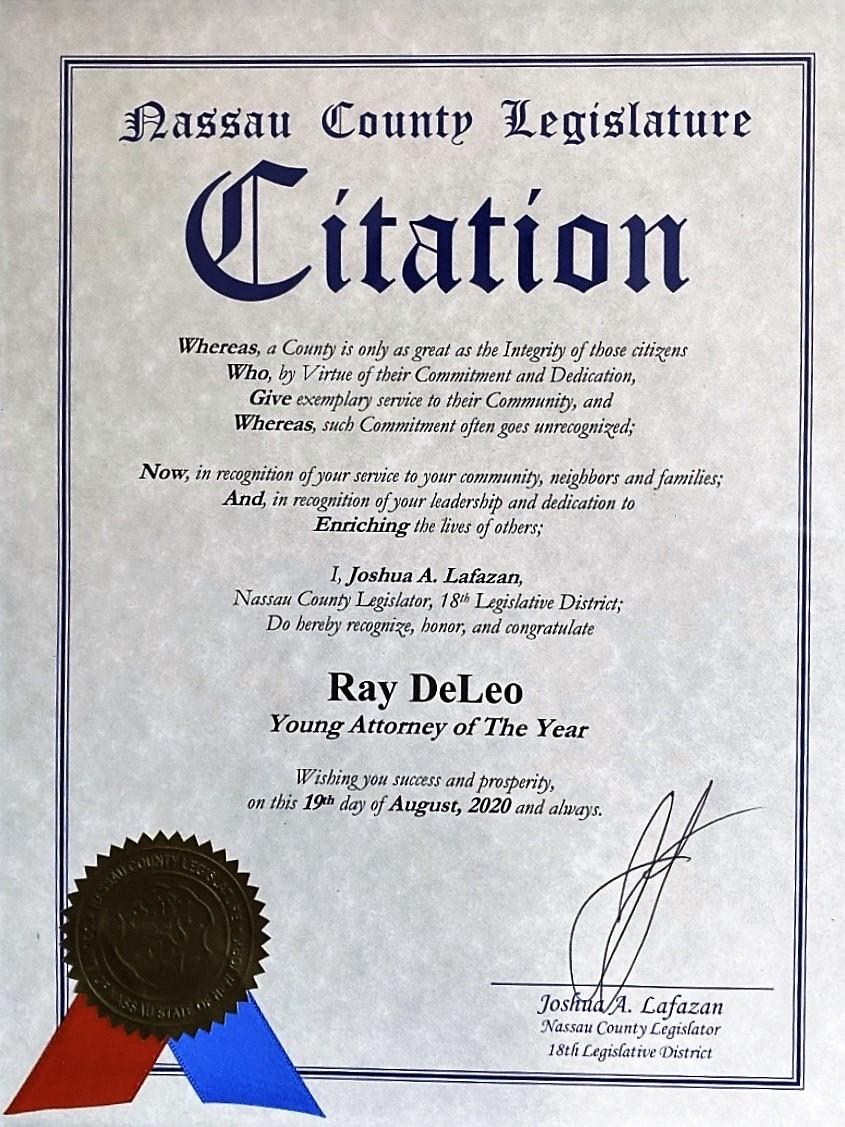
Law Services Updates – Fall 2020
September 9, 2020Help for Homeowners and Renters
September 9, 2020In March, after COVID brought Long Island to a standstill, the family courts opened only for emergencies such as Neglect proceedings to protect children and Orders of Protection for survivors of domestic violence. Many of these proceedings were conducted through a hybrid of virtual and in-person appearances, requiring flexibility and creativity for attorneys trying to help families in crisis.
Nassau Suffolk Law Services Staff Attorney Larry Tuthill represents survivors of domestic violence, particularly on the East End of Long Island. In Tuthill’s first virtual court appearance, he represented a Mother who was being assaulted by her teenage Son. The arguments between the two were in part regarding curfews and noncompliance to society’s new rules of social distancing and wearing masks. The Son was going out at all hours of the night “partying” with his friends and refusing to shelter at home as everyone was asked to do at the beginning of the pandemic. The Mother tried to enforce household rules, but her Son was verbally and physically abusive.
An advocate working with the Mother contacted the Legal Support Center for Advocates (LSCA) who referred the Mother to Tuthill in the Domestic Violence Unit. Tuthill explained that Person In Need of Supervision (PINS) and juvenile delinquency petitions were not being heard at that point, but that the Mother might be able to get the support she needed through a “Refrain From” Order of Protection. This type of Order of Protection allows the respondent to continue to have contact with the petitioner, or even to live together in the same home, but lists specific acts that the respondent must “refrain from” committing. With a Refrain From Order of Protection, the Mother would not have to force her Son to leave home, but would still get support in ensuring her safety.
At the first Court appearance, the young man and his Mother were the only people in the courtroom along with the clerk and two Court Officers. Everyone was wearing masks. The Judge and the Court Stenographer were each at their own homes. Both the respondent’s court appointed attorney and Tuthill also appeared by Skype from home.
At first, the Son adamantly denied the allegations against him. The Son was belligerent toward his Mother, who did not have an advocate on site to support her. After confronting audio and visual glitches that delayed the hearing, the Judge ordered a Child Protective Services (CPS) investigation and the matter was adjourned.
At the next Court date, again the only people in the Courtroom were the clerk, Court Officers and the litigants, while the other participants in the hearing appeared from home. The Judge received the CPS investigation by e-mail, and both attorneys and the young man consented to the Order of Protection.
Now Family Court attorneys and staff have mastered virtual appearances and the courts are running more smoothly than at the start of the pandemic.




